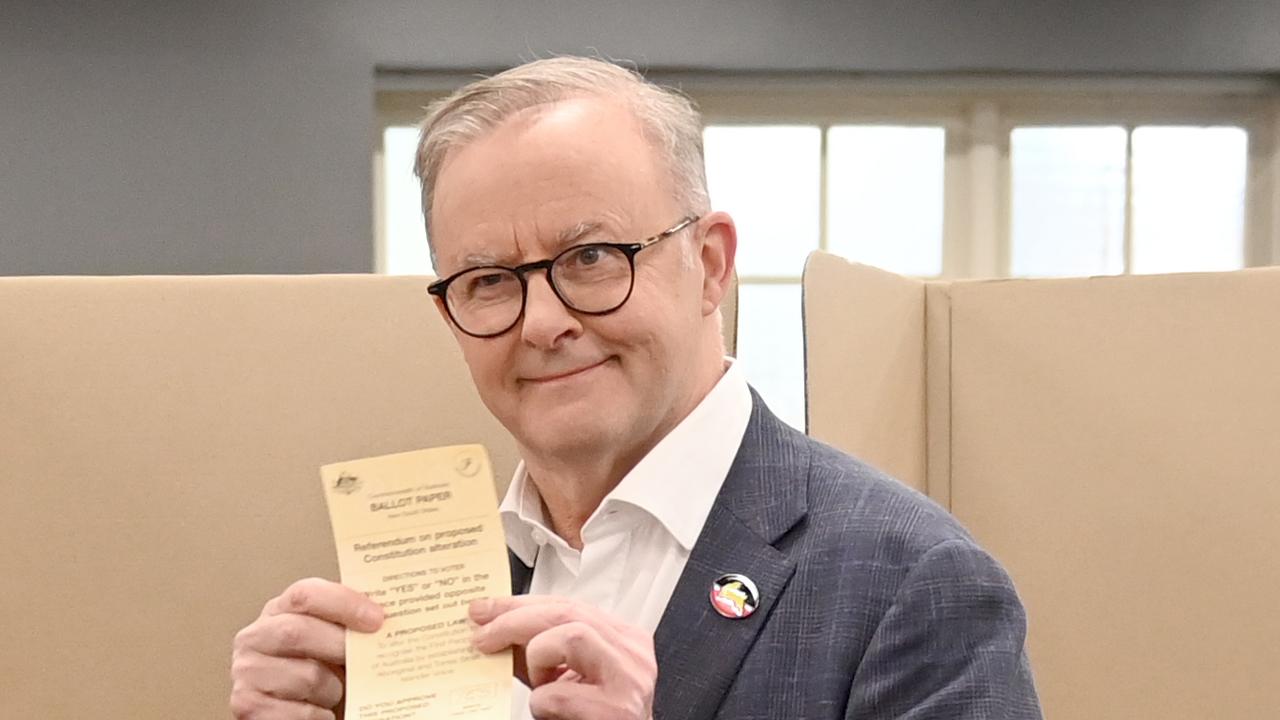The federal government is facing mounting pressure to clarify the outcome of the Voice referendum and the expenditure of $400 million on the vote during a time of heightened cost-of-living concerns.

Tanya Plibersek, speaking on Seven's Sunrise, was grilled by host Natalie Barr about the "dismal" result. Barr questioned how the government could have gone so wrong, to which Plibersek responded that they needed time to analyse what had occurred and find a constructive way forward. Plibersek emphasized that Saturday's result wasn't a rejection of progress to close the gap but rather a rejection of the specific proposal.
However, Barr pointed out that a quick glance at the referendum results revealed a significant failure across the country, with $400 million spent on an initiative that was ultimately rejected.

Deputy Prime Minister Barnaby Joyce noted that inner-city seats and the ACT were the only regions that voted in favour, while the rest of Australia considered pressing issues such as the cost of energy and groceries. He criticized the Prime Minister for not heeding polls and for persisting with the referendum despite clear indications of its unpopularity.
Barr challenged Plibersek by asking how the government could view this as anything other than a massive failure, especially since they had pinned their hopes on it. She also criticized the government's failure to address concerns regarding land seizures, payouts, and the impact on Aboriginal people.

Richard Marles, Deputy Leader of the Labor Party, defended their position, stating that they had explained that the referendum aimed to listen to Indigenous people on issues that affected them. He expressed respect for the choice made by the voters and claimed that they had made their best arguments.
South Australian Opposition Leader David Speirs suggested that Labor needed to make a decision regarding their leadership. Some have called for the Prime Minister's resignation due to the perceived damage to the country and its national identity. However, Speirs acknowledged that resigning might be unlikely but noted international precedents for such actions.









2 comments
🛎 You got a gift from us. Withdrаw >>> https://telegra.ph/Go-to-your-personal-cabinet-08-25?hs=39c640796edee44b9da03e7879d091c4& 🛎
2pdb61
2pdb61
nouCSGIHWvJzXp
SBQgclGrXyMLFhw
SBQgclGrXyMLFhw